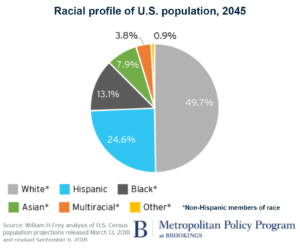Catholicism is rife with euphemisms, and …following the Pope’s actual intentions and motives is often reduced to a kind of Pope-omancy, interpreting a gesture or a smile as carrying volumes of unspoken information about the actual skivvy. The Church is not known for revealing the roots of its choices and decisions; nor its back-room gamblings and gambolings, so to speak.
However, being “invited’ to come speak with/ appear before the Archbishop is somewhat like being called to the Principal’s Office to, um, ‘chat.’ It is not high tea. It is not a social call, no matter how it might be spun afterward.
This, just in a few minutes ago from The National Catholic Reporter, the USA’s largest weekly online/print Catholic Newspaper, read by many whom some would call progressives, and as well as read by many that some would call conservatives.
SAN FRANCISCO — Calling recent nationally broadcast comments by U.S. Speaker of the House Nancy Pelosi “in serious conflict with the teachings of the Catholic church,” Archbishop George H. Niederauer of San Francisco in a Sept. 5 statement underscored church teaching on abortion, the beginning of human life, and the formation of conscience — and invited the Catholic lawmaker “into a conversation with me about these matters.”
The statement was carried in the Sept. 5 issue of Catholic San Francisco, newspaper of the archdiocese.
Many Catholics “have written me letters and sent me e-mails in which they expressed their dismay and concern about the Speaker’s remarks,” the archbishop said, adding, “Very often they moved on to a question that caused much discussion during the 2004 campaign: Is it necessary to deny Holy Communion to some Catholics in public life because of their public support for abortion on demand?”
“The practice of the church is to accept the conscientious self-appraisal of each person” when he or she approaches for Communion, he wrote, alluding to Canon 912. He also quoted the U.S. bishops’ 2006 document, “Happy Are Those Who Are Called to His Supper”: “…we should be cautious when making judgments about whether or not someone else should receive Holy Communion.”
However, he continued, again quoting from the 2006 bishops’ document, “If a Catholic in his or her personal or professional life were knowingly and obstinately to reject the defined doctrines of the church, or knowingly and obstinately repudiate her definitive teachings on moral issues, however, he or she would seriously diminish his or her communion with the church. Reception of Holy Communion in such a situation would not accord with the nature of the eucharistic celebration, so that he or she should refrain.”
You can read the rest of the article here
——–
disclosure: I’m a weekly columnist at The National Catholic Reporter online
















